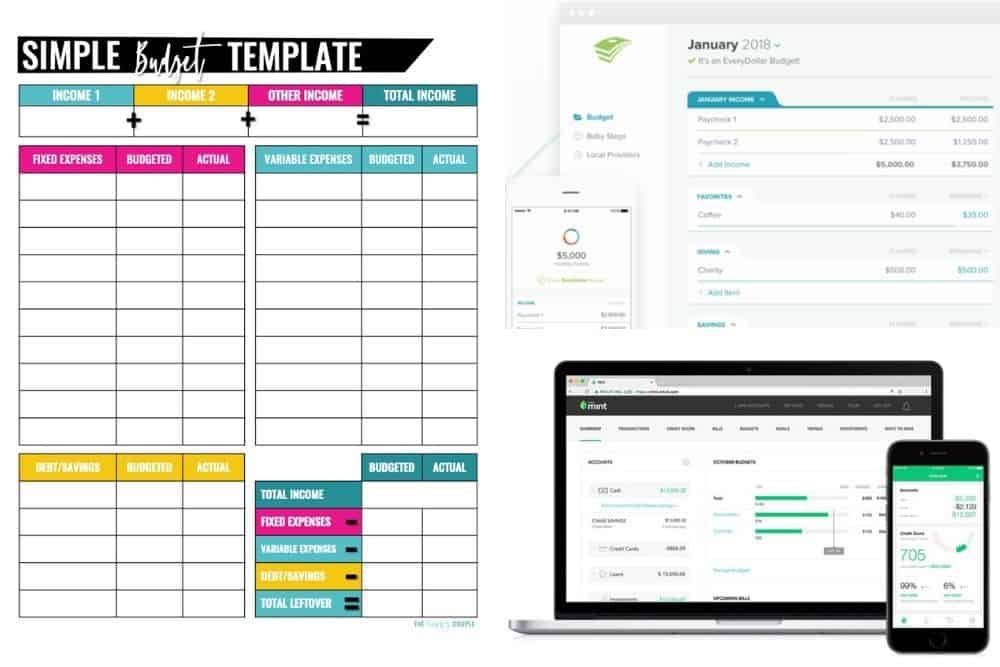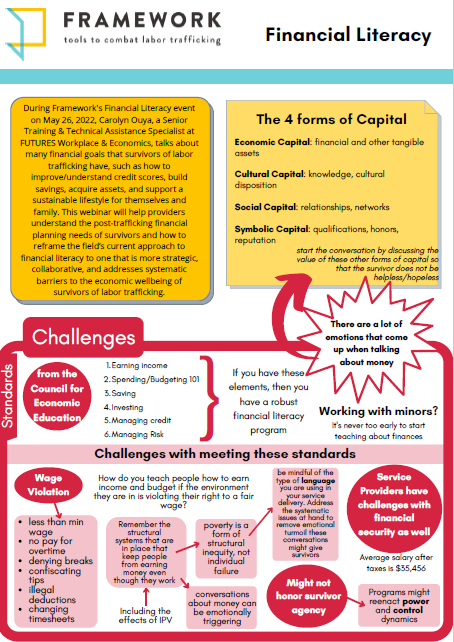Financial literacy is a crucial life skill that everyone should possess, and it’s never too early to start teaching kids about money and finance. By instilling healthy financial habits in children from a young age, you can help them develop a solid foundation for managing their finances responsibly in the future.
Start Early
One of the best ways to teach kids about money is to start early. As soon as they are old enough to understand the concept of money, you can introduce them to the basics of budgeting, saving, and spending. Encourage them to set aside a portion of their allowance for savings and teach them the importance of delayed gratification.
Lead by Example
Kids learn by observing and imitating the behavior of adults around them. By demonstrating responsible financial habits in your own life, such as budgeting, saving, and avoiding unnecessary debt, you can set a positive example for your children to follow. Show them how to make wise financial decisions and explain the reasoning behind your choices.
Make Learning Fun
Learning about money doesn’t have to be boring. You can make it fun and engaging for kids by turning it into a game or a hands-on activity. Play financial literacy board games, create a pretend store where they can practice budgeting and making purchasing decisions, or give them real-life situations to solve involving money management.
Teach the Value of Saving
Help kids understand the importance of saving money for future goals and emergencies. Encourage them to set specific savings goals, such as saving up for a new toy or a special outing, and celebrate their achievements when they reach their goals. Teach them about the concept of interest and how their savings can grow over time by earning interest in a bank account.
Discuss Needs vs. Wants
It’s essential to teach children the difference between needs and wants when it comes to spending money. Discuss the importance of prioritizing needs over wants, and help them identify the things that are necessary for survival and well-being versus items that are nice to have but not essential. This will help them develop good decision-making skills when it comes to managing their money.
Encourage Entrepreneurship
Encourage kids to explore their entrepreneurial spirit by starting a small business or taking on odd jobs to earn extra money. This can help them develop valuable skills such as budgeting, marketing, customer service, and problem-solving. It also teaches them the hard work and dedication required to achieve financial success.
Conclusion
Teaching kids about money and finance is a vital aspect of their education that will benefit them throughout their lives. By instilling good financial habits early on, you can help your children become financially independent and responsible adults. Start early, lead by example, make learning fun, and encourage entrepreneurship to set your kids on the path to financial success.









